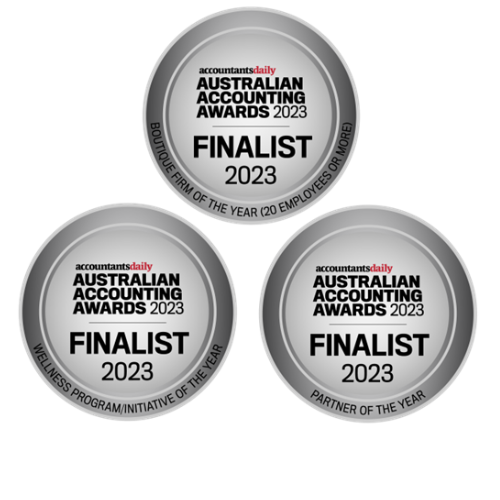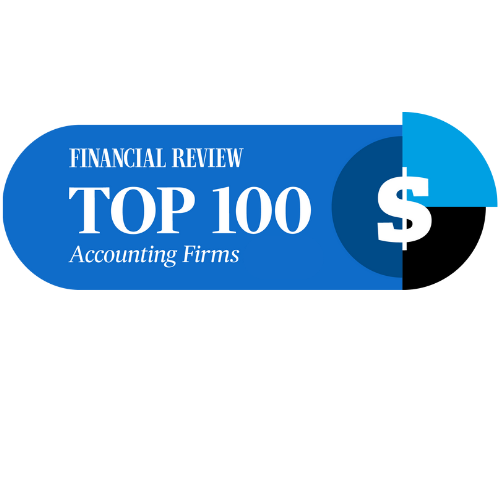‘Sustainable Investing’ is one of many terms that describes the consideration of non-financial factors in investment decision making. Also known as ‘socially responsible investing’ or ‘ethical investing’, ESG investing brings a focus to environmental, social and governance factors when considering different investments. ESG continues to gain traction as a popular investment option among investors, and in this blog post we look to break down the ESG landscape and explore how it can be incorporated into portfolios.
ESG decision making is based upon its three pillars – environmental, social, and governance. Different investors may decide to prioritise one or all of these factors when looking at an investment. Environmental will consider sustainability, emission intensity, and pollution. The social factor focuses on human rights, labour standards, inclusion, and diversity. Governance looks at company leadership, business ethics and culture, and avoiding corruption. Whilst there are a number of factors ESG investors might consider, these are some common starting points.
To understand ESG investing and its place in the market, it can be helpful to imagine it on a continuum. It is important for investors to be aware of the ESG landscape, as there is no ‘one size fits all’ framework. Below are some common terms that are used for ESG investments and are important to consider when looking at ESG labelled products.
Negative Screening – This type of investing will actively avoid companies based on a ‘negative screen’. For example, the avoidance of companies involved in tobacco or weapons. Funds and investors that use negative screening will often operate with stricter adherence to ESG protocols.
Impact Investing – Impact investing will invest in companies with a specific goal in mind. An impact investor seeking to reduce plastic waste may invest in companies that are ‘problem solvers’ within that industry. A common example of impact investing is funds that seek to invest in climate solutions or companies that actively seek to mitigate climate change.
Positive Screening – Funds or investors that use a positive screen will seek out companies that satisfy ESG criteria. Where negative screens focus on exclusion, positive screens seek to include companies based on their ESG profile.
Greenwashing – like false advertising, greenwashing occurs when companies or funds claim to be more sustainable than they are. As ESG investing has gained popularity, funds and companies are eager to jump on the ESG bandwagon. It’s important that funds and companies are putting their money where their mouth is, and important that investors remain vigilant when picking funds or financial products.
Many managed funds now incorporate ESG into their decision making and portfolio construction. Often this will include positive screening, or dedicated ESG team members that investigate the fund holdings and their ESG credentials.
For Walshs‘ clients interested specifically in ESG and impact investing, we offer ethical portfolio options. The funds held within these portfolios have a more specific focus on impact investing, positive screening, and driving change. Clients who are interested in this investment option should talk to their financial adviser about the options available to them.
Please contact us on 07 3221 5677 or enquiries@walshs.com.au to make an appointment to further discuss how we can help you on your financial journey.
Article by: Georgia Kerr, Walshs Investments Team








